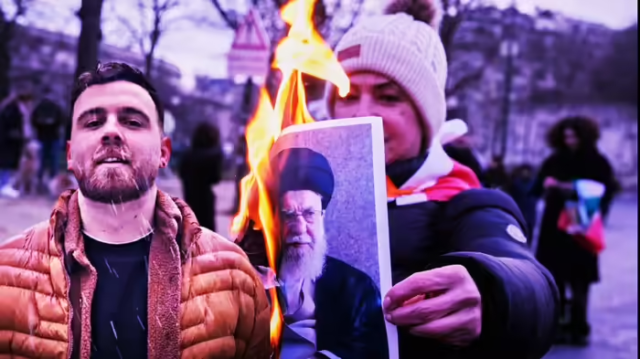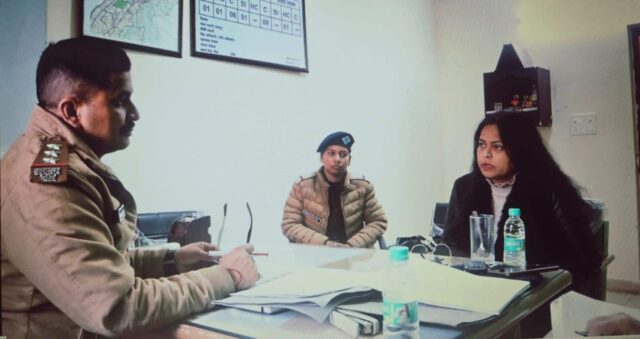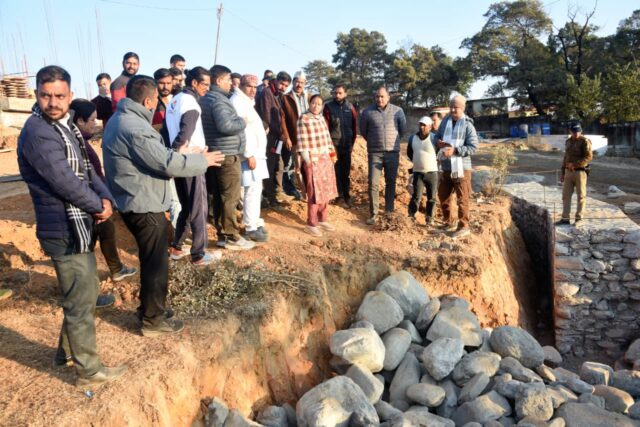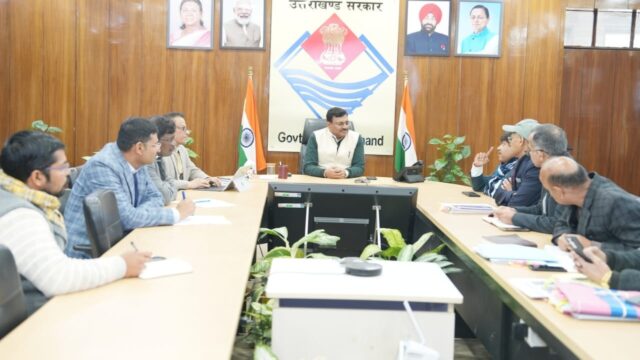Gazans face hunger crisis amid Israel-Hamas war
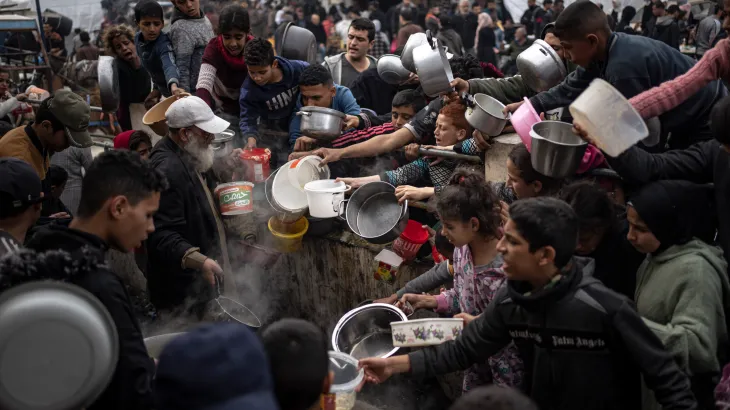
The ongoing war between Israel and Hamas continues on the Gaza Strip. During this time, common people are having to work hard to stay alive. On one hand they have to take shelter in safe places, while on the other hand they are also facing starvation. When Bakr al-Nazi learns that the food he prepares daily for charity in the Gaza Strip will not be enough to feed children, his heart sinks. Nazis say that in Rafah, a city on the southern edge of Gaza, thousands of people stand in line for hours to eat a handful of taqiyeh.
…When I distribute food!
The 28-year-old man was displaced from Gaza City, but he started cooking for people facing the same situation. “The hardest moment for me is when I distribute food,” he told AFP. He said, “When I do not have food and the children complain and say that they have not had enough, there is a pain in my heart.” In such a situation, most of the people engaged in cooking give their food to the children.
Threat of famine
According to the UN Hunger Monitoring System (IPC), as of early December, more than 2 million Gazans were already facing severe hunger… with more than 378,000 people experiencing “catastrophic hunger”. The IPC report on Thursday said the risk of famine is “increasing every day” and warned that within weeks the entire population could face “severe food insecurity” or worse.
Let us tell you that humanitarian aid is reaching only the besieged coastal area, which is being attacked by the Israeli army since October 7. The sustained ground and air campaign aimed at destroying Hamas was triggered by the Islamist group’s attacks on Israel, which have killed some 1,140 people, mostly civilians, according to an AFP tally of Israeli figures. More than 20,200 people, mostly women and children, have been killed in Israeli retaliation, according to the health ministry in the Hamas-run region.
‘Better than dying of hunger…’
“A can of beans has increased from one shekel ($0.28) to six shekels,” Nazi said. Before the war people were poor, even those who worked barely had enough to feed their children. There was money. Now how they are facing this situation can be imagined. I am afraid that people will die of hunger….”
In the morning, 36-year-old Salam Haider was standing in a queue outside the food centre. “They told me it’s too early, but I want to make sure I get something,” said the mother of three young children. My son cries when he sees another child holding a piece of bread. He Tried to steal sweets from a kid, I had to tell him that’s very bad.”
Nour Barbach, five months pregnant and displaced from Khan Younis, also waited for hours for the center in Rafah to open. “Sometimes I send my 12-year-old elder son, but he is beaten. He comes back crying and empty-handed,” Barbach said. If it wasn’t for this center, we wouldn’t have anything,” she said, holding three tomatoes and two shekels in her hand. “I couldn’t get any bread.” “My children have lost a lot of weight, Hunger wakes them up at night,” she said, adding that she was considering returning to her home in Khan Yunis, despite it being the center of fighting between Israel and Hamas. “Home is better than dying of hunger,” she said. But die as a martyr.”



